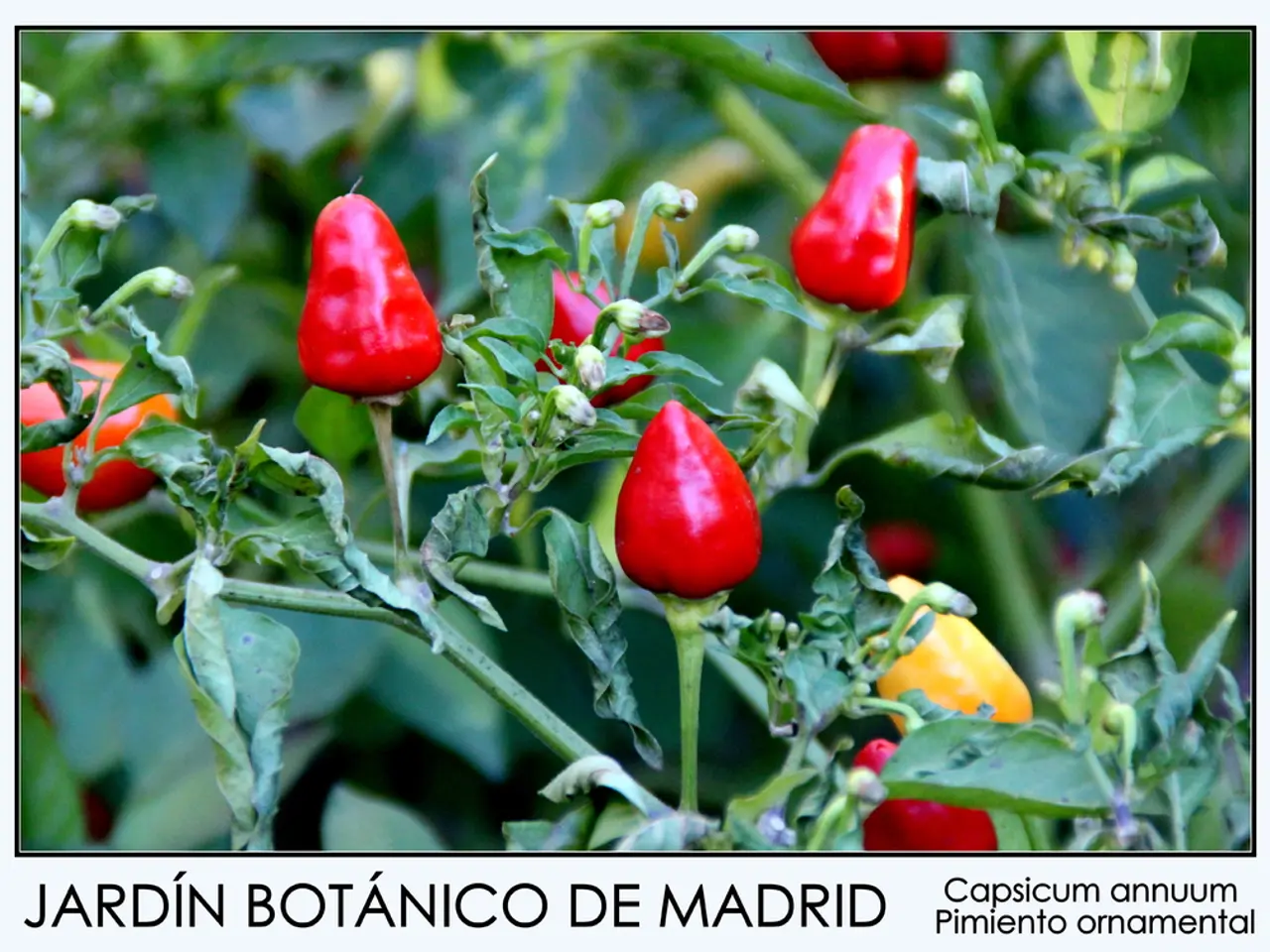Internal Sun Protection: Nutrients that Boost Skin Strength
In the pursuit of protecting our skin from harmful UV rays, it's essential not to overlook the power of nutrition. According to dermatologist and nutritionist Dr. Yael Adler, the most important nutrients for internal sun protection and skin resistance to UV rays are antioxidants.
These powerful compounds, particularly plant-based antioxidants like those found in carrots, play a crucial role in shielding our skin from the damaging effects of UV radiation. Dr. Adler explains that these antioxidants accumulate in the skin, helping to neutralize free radicals generated by UV exposure, providing a form of internal protection in addition to topical sunscreen.
Carotenoids, the plant pigments in carrots and similar vegetables, are highlighted as key nutrients due to their ability to deposit in the skin and exert antioxidant effects against UV-induced cellular damage.
A diet rich in antioxidants supports the skin’s natural resistance to UV damage. Alongside carotenoids, other antioxidant-rich foods include turmeric and rosemary, which boast antioxidant and anti-inflammatory properties.
Vegetables, fruits, fish, nuts, and healthy plant oils like linseed or olive oil are recommended for internal sun protection. Additionally, foods with prebiotics, such as artichoke, leek, unripe bananas, legumes like peas or lentils, cooked and cooled potatoes, rice, and pasta, serve as "food" for health-promoting bacteria in the gut. This helps maintain a balanced microbiome, reducing inflammation, and improving skin defense.
Fermented foods like yogurt, kefir, sauerkraut, or kimchi also support the microbiome and provide additional skin benefits, reducing inflammation and improving skin defense.
It's important to note that while Vitamin D is essential for skin health, producing it in the skin through unprotected sun exposure is not recommended. Instead, Dr. Adler suggests using a Vitamin D supplement.
Moreover, the natural acid mantle of the skin is weakened in dry skin because it produces too few lipids (fats). To combat this, Vitamin D, B vitamins, Vitamin C, Vitamin E, zinc, and selenium all support cell protection and repair processes and strengthen the skin barrier.
In conclusion, a balanced diet rich in antioxidants, prebiotics, and essential nutrients can significantly boost your skin's natural resistance to UV damage and overall health. Alongside topical sunscreen and avoiding the sun, a nutritious diet is an essential component of a comprehensive sun protection strategy.
- Carotenoids, antioxidants found in carrots and other vegetables, accumulate in the skin, helping to neutralize free radicals generated by UV exposure, providing an additional layer of internal protection.
- A diet rich in antioxidants like turmeric and rosemary, prebiotics such as artichoke, leek, and legumes, and essential nutrients such as Vitamin D, B vitamins, Vitamin C, Vitamin E, zinc, and selenium, supports the skin’s natural resistance to UV damage and strengthens the skin barrier.
- In addition to topical sunscreen and avoiding excessive sun exposure, a nutritious diet with a focus on health-and-wellness, fitness-and-exercise, and skin-care, including antioxidant-rich foods and prebiotics, plays a crucial role in boosting skin resistance to UV rays and overall health.




